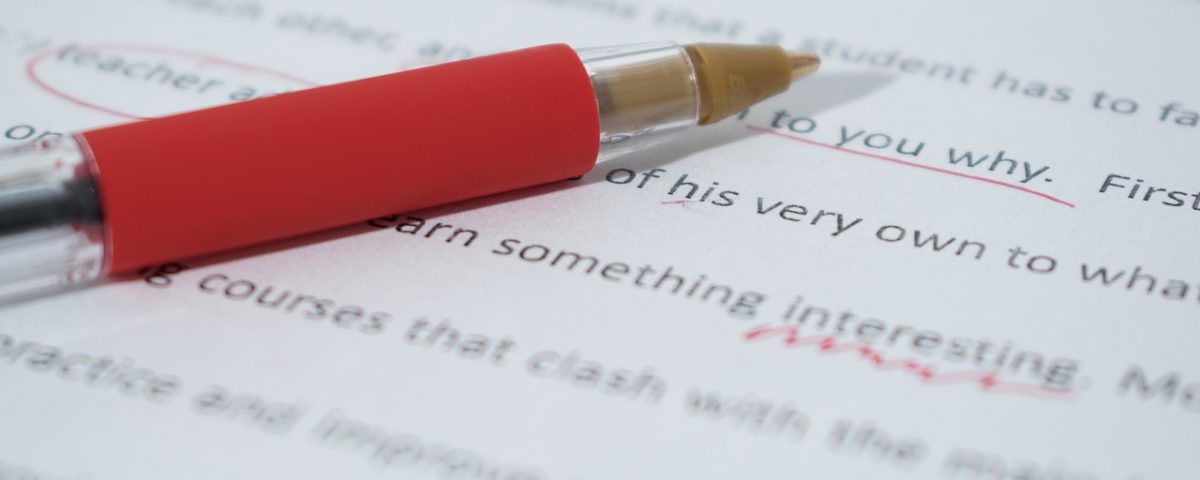7 Ways a Line Editor Can Improve Your Book Manuscript

A Break From Writing: A Stroll Through Hanover, Pennsylvania

Racing Through Williamsburg, Va. Like a Writer In a Campervan
In book editing, there are several different types of editing. Each one has its advantages and the editor looks for different aspects of the manuscript to improve. The three most basic types of book editing are developmental editing, line editing, and proofreading.
The developmental editor is primarily interested in improving the book’s structure. You can learn more about how a developmental editor can improve your book manuscript by reading my post on that subject. A proofreader is primarily concerned with fixing spelling, grammar, and other errors in a manuscript. It’s the lowest level of editing and should be completed last so that a manuscript can be as close to error-free before publication. Today, I’m going to discuss what a line editor does and how he can improve your book manuscript.
7 Ways a Line Editor Makes Your Book a Better Book
A line editor goes through your book line by line to ensure each word, phrase, and sentence is constructed effectively and to ensure that the prose is the most polished it can be. It often includes proofreading, but the line editor goes beyond proofreading to ensure each sentence and paragraph is logically consistent with the rest of the text and to ensure the pacing and tone are effective. It’s a valuable part of the book publishing process.
Without further ado, here are seven ways a line editor makes your book better.
- Punctuation – A good line editor makes sure your sentences are punctuated well. This is really the job of a proofreader, but a line editor should concern himself with this aspect of your book too. After all, it takes many eyes to turn a written manuscript into a well-written masterpiece. The line editor is one tool in the author’s arsenal to ensure each book is well crafted and polished from beginning to end.
- Word efficiency – One of the most important tasks for your line editor is to ensure word efficiency. In other words, he will make sure you say the most with the fewest words. This is very important because many writers are verbose. A good line editor will respect an author’s voice and walk the fine line between butchering a manuscript to write it the way he would write it and maintaining the voice of the author. The line editor should edit each sentence with the author’s voice in mind and ensure the writing effectively says what it needs to say in as few words as possible.
- Clunky language – Written communication is very tricky. Writers can often get stuck knowing what they want to say and communicating as if the reader will automatically understand. However, it takes great skill to write a text so that all readers will understand its meaning. Even the best of writers struggle with it. In the course of writing, every writer has certain habits that get in the way of clear communication. A good line editor clears up clunky writing so that reader confusion is held to a minimum. The goal is to reduce confusion to zero, if possible. At the very least, the line editor must get rid of any language that gets in the way of clear communication.
- Clarity – Where the line editor is concerned about reducing clunky language, he also concerns himself with ensuring all prose is clear. In other words, it isn’t enough to fix clunky language. The line editor must go beyond that to ensure clarity with regard to meaning. That involves focusing on word choices. There are times when a writer wants to use a certain word but the word is too imprecise. The word may not cause any speed bumps in the reading, but it just isn’t the write word for the context in order to convey the writer’s real communicative intent. In that case, the line editor will offer an alternative word choice to ensure the reader understands the meaning of the message.
- Logic – Logical inconsistencies can get in the way of a reader understanding a writer’s meaning. For that reason, a good line editor will ensure a book’s manuscript is logically consistent through and through.
- Tone – Tone is very important, especially in nonfiction. Writers may sometimes have very important information to convey but can come across sounding arrogant, proud, or condescending. These kinds of issues can turn readers off and cause them to put your book down. Other times, a writer may sound flippant or disrespectful. When writing on sensitive matters, a writer may inadvertently write something that offends an individual or a class of people due to a lack of understanding of a culture not their own, a particular handicap, a religious preference, etc. A good line editor can smooth the tone of a book manuscript so that it doesn’t offend people unncessarily.
- Stale writing – Finally, a line editor’s job is to turn stale writing into lively, engaging prose. At the end of the day, if you write a boring book, no one will want to read it. Those who start it won’t finish it and will tell their friends not to bother either. You want your prose to stand out, speak to readers, and be engaging. That’s what a line editor does for a book.
These seven ways of improving a book manuscript are necessary for any writer to publish the best book possible. Your friendly line editor can help take your book to that level, improve it for publishing, and make you a proud author.

